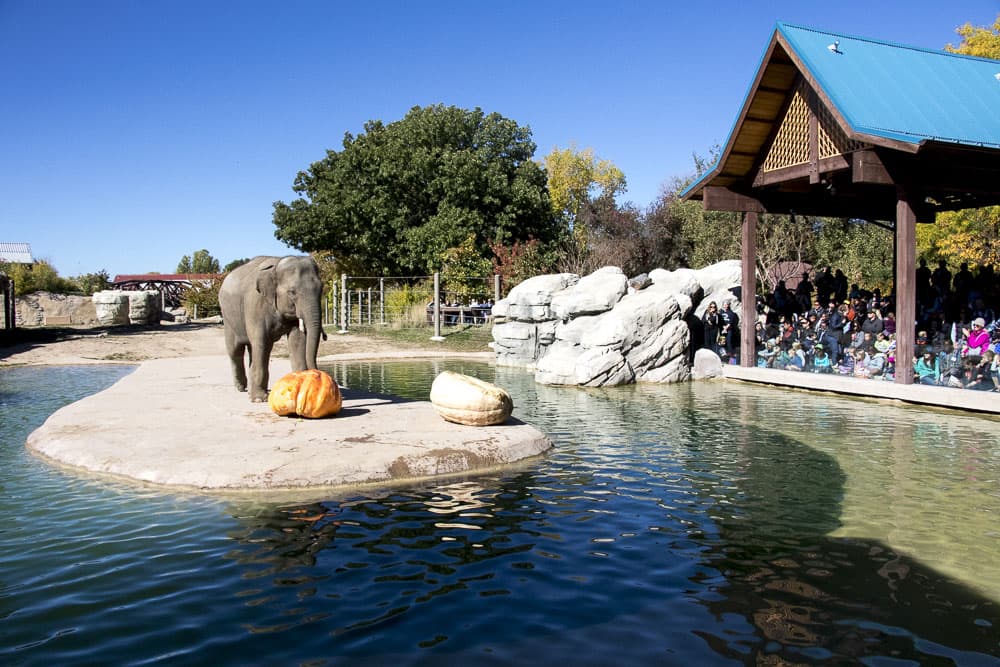The Denver Zoo is helping launch several new international conservation programs in Southeast Asia.
The new programs will help international organizations protect endangered species, including many species that have found homes at the Denver Zoo.
“We wanted to support animals in the wild that we also have here at the zoo,” said Brian Aucone, the zoo’s Chief Conservation Officer.
In one project, the zoo will help an Indonesian non-profit build a research station and train workers to monitor a 222,000-acre forest in Sumatra. The island is home to several critically endangered Sumatran elephants, tigers, orangutans, and more.
Threats to the region include poachers and illegal foresting. Ranger stations will help local nonprofits monitor for illegal activity in the region and report it to authorities. The land is classified as a World Heritage Site by the United Nations, giving it international protection.
Other work will take place in the forests of the Annamite Range, a mountain range that straddles Vietnam and Laos. The zoo will partner with researchers in the region to study the populations and behaviors of endangered elephants and primates in the forests.
As a result of these programs, some zoo staff may travel to Laos or Indonesia to aid in research efforts. But Aucone said the goal of these programs is to support local communities already focused on conservation efforts.
There’s currently no plan to bring any of the animals in those regions to Denver.
“The goal is to support and continue to have strong, wild populations of the species that exist in these ecosystems and support the work that makes that happen,” Aucone said.
Aucone said costs to fund these programs will vary year by year, but currently, projections are between $50,000 to $60,000. The zoo’s newest efforts in southeast Asia are part of a renewed focus on international conservation. It said it has dedicated staff and funding to over 600 conservation projects in 62 countries.
So far, 2024 has already been a monumental year for the zoo. Earlier this year, the zoo received a 570-acre tract of land from the Lembke Family Preserve. It will use that land to expand its animal care and conservation breeding efforts. The property won’t be open to the public.
The zoo’s highly-anticipated “Down Under” habitat, centered around species found in Australia, is also expected to debut sometime this year.












